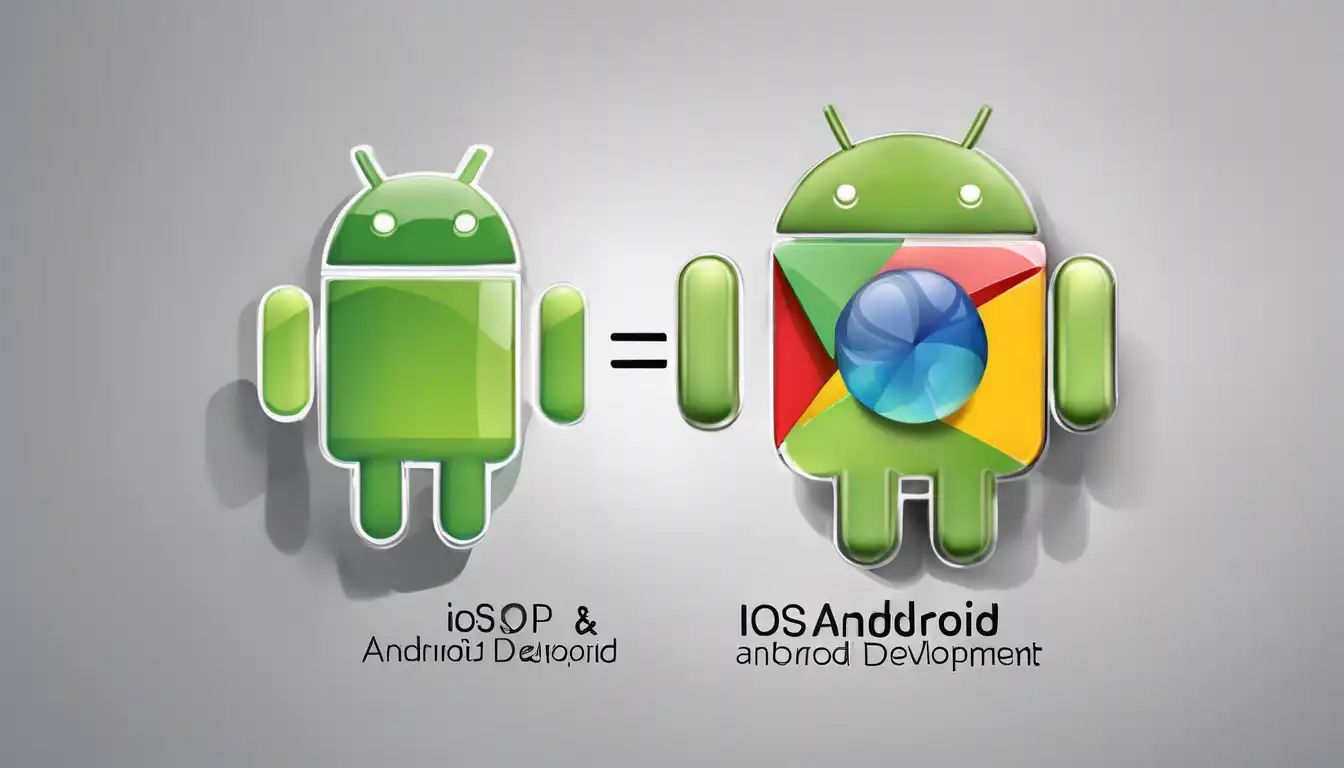Understanding the Core Differences Between iOS and Android Development
When it comes to mobile app development, two platforms dominate the market: iOS and Android. Each has its unique ecosystem, development tools, and user base. Understanding the differences between iOS and Android development is crucial for developers aiming to create successful applications.
Development Languages
iOS development primarily uses Swift or Objective-C, while Android development relies on Java or Kotlin. Swift and Kotlin are modern languages designed to be more intuitive and safer than their predecessors.
Development Environments
iOS developers use Xcode, Apple's integrated development environment (IDE), which is only available on macOS. Android developers use Android Studio, which is available on Windows, macOS, and Linux, offering more flexibility in terms of operating systems.
Design Guidelines
Apple's iOS Human Interface Guidelines and Google's Material Design guidelines dictate the design principles for each platform. These guidelines ensure that apps provide a consistent user experience but require developers to adapt their designs accordingly.
Fragmentation
Android's open nature leads to a wide variety of devices and screen sizes, making fragmentation a significant challenge. iOS, with its limited range of devices, offers a more controlled environment, simplifying testing and optimization.
App Store vs Google Play
The App Store and Google Play have different submission processes, review times, and monetization options. iOS apps often generate higher revenue per user, but Android reaches a broader audience globally.
Performance and Optimization
iOS devices have a limited range of hardware, allowing for more straightforward optimization. Android's diverse hardware requires more extensive testing to ensure performance across devices.
Security
iOS is known for its stringent security measures, including a rigorous app review process. Android offers more flexibility but at the cost of higher vulnerability to malware and security threats.
Market Share and Demographics
Android holds a larger global market share, but iOS users tend to spend more on apps and in-app purchases. Understanding your target audience is key to choosing the right platform for your app.
For developers looking to dive deeper into mobile app development, exploring our resources on mobile development can provide valuable insights and tools to get started.
Conclusion
Choosing between iOS and Android development depends on various factors, including target audience, revenue models, and development preferences. Both platforms offer unique advantages and challenges, making it essential for developers to weigh their options carefully.
